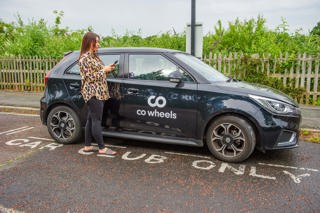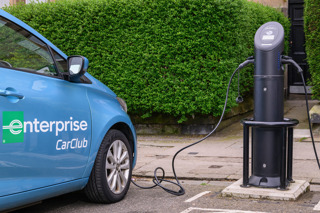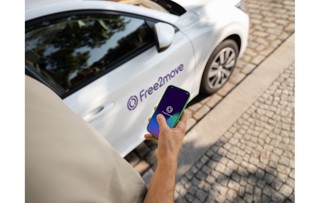LeasePlan is launching a car sharing service, SwopCar, following a pilot in the Netherlands and Luxembourg.
The service, which will be rolled out globally over the coming months, addresses several challenges faced by fleet managers: the inefficiencies of finding out which car is available when, for how long and who will be, or has been, the user.
The technology behind the service gives eligible employees access to an online reservation platform and smartphone app so they can check vehicle availability and plan their trip accordingly.
The entire reservation and vehicle access process is self-service and requires no assistance, enabling on-demand car sharing and better fleet utilisation.
Cleaning, refuelling and maintenance are managed by LeasePlan’s network of service providers.
Fleet managers have no operational and administrative hassle with reservations, key management, vehicle status check and mileage reimbursements, according to LeasePlan.
The usage reporting system provides reports and car insights on CO2 emissions, helping address the growing need for increased corporate sustainability.
Usage data can be directly used to calculate and pass on costs to the department or employee concerned.
Nick Salkeld, chief commercial officer at LeasePlan, said: “We developed the SwopCar service in order to meet the growing demand for driver mobility solutions beyond the traditional lease product.
“As a result of trends such as urbanisation, sharing, eco-awareness, mobile devices and connectivity, we foresee a shift from vehicle-oriented services to individual driver-oriented services.
“To stay ahead of these changes, LeasePlan has developed a mobility strategy which has resulted in, amongst other solutions, the SwopCar service.
“By allowing a company’s employees to take and share a SwopCar when needed, this service maximises vehicle utilisation, reduces carbon emissions and considerably diminishes the need for parking spaces. The SwopCar service is a forward-looking, flexible solution which acknowledges the increased demand for smart mobility and multi-transport use.”

















Login to comment
Comments
No comments have been made yet.